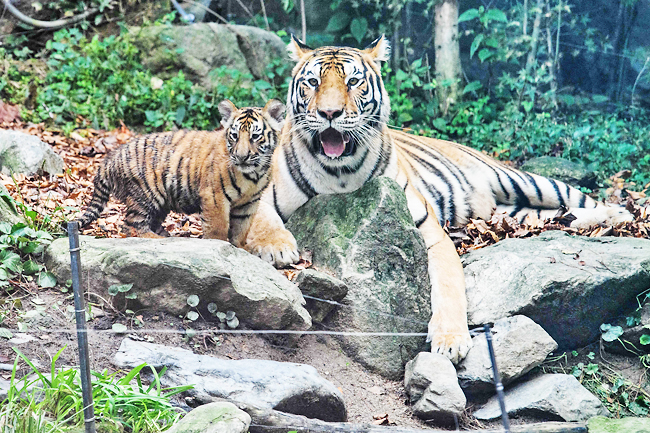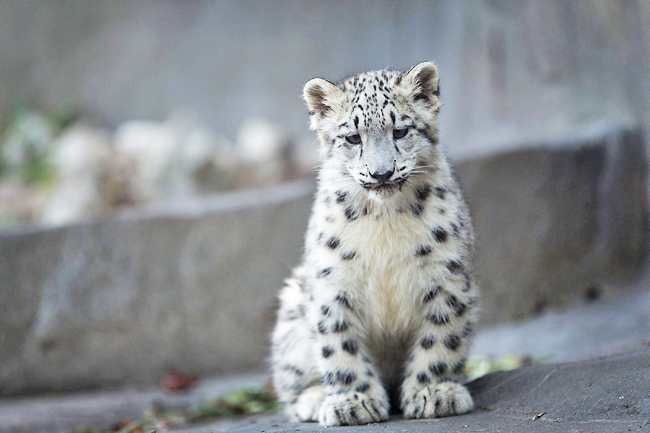PARIS (AFP) – Wild populations of monitored animal species have plummeted nearly 70 per cent in the last 50 years, according to a landmark assessment released last week that highlighted “devastating” losses to nature due to human activity.
Featuring data from 32,000 populations of more than 5,000 species of mammals, birds, amphibians, reptiles and fish, the WWF Living Planet Index shows accelerating falls across the globe.
In biodiversity-rich regions such as Latin America and the Caribbean, the figure for animal population loss is as high as 94 per cent.
Globally, the report found that monitored animal populations had fallen 69 per cent since 1970.
Director general of WWF International Marco Lambertini said his organisation was “extremely worried” by the new data.
“(It shows) a devastating fall in wildlife populations, in particular in tropical regions that are home to some of the most biodiverse landscapes in the world,” he said.


Director of science at WWF Mark Wright said the figures were “truly frightening”, particularly for Latin America.
“Latin America is renowned for his biodiversity of course, it’s really important for lots of other things as well,” he said. “It’s super important for regulating the climate. We estimate currently there’s something like 150 to 200 billion tonnes of carbon wrapped up in the forests of the Amazon.”
That is equivalent to 550 to 740 billion tonnes of carbon dioxide (CO2), or 10 to 15 times more than annual greenhouse gas emissions at current rates.
The index found that freshwater species had declined more than those found in any other habitat, with an 83-per-cent population fall since 1970.
The report found that the main drivers of wildlife loss are habitat degradation due to development and farming, exploitation, the introduction of invasive species, pollution, climate change and disease.
Lambertini said the world needed to rethink its harmful and wasteful agricultural practices before the global food chain collapsed.
“Food systems today are responsible for over 80 per cent of deforestation on land, and if you look at the ocean and freshwater they are also driving a collapse of fishery stocks and populations in those habitats,” he said.
With world leaders due to convene in Montreal for the COP15 biodiversity summit in December, the report authors called for an international, binding commitment to protect nature, similar to the 2015 Paris Agreement on climate change.
The Living Planet Report argues that increasing conservation and restoration efforts, producing and consuming food sustainably, and rapidly decarbonising all sectors can alleviate the twin crises of climate change and biodiversity loss.
It also calls for governments to properly factor into policymaking the value of services rendered by nature, such as food, medicine and water supply.
Some areas experienced more population loss than others – Europe, for example, saw a wildlife population decline of 18 per cent.
In Africa, where 70 per cent of livelihoods rely on nature, the report showed a two-thirds fall in wildlife populations since 1970.
Africa regional director at WWF Alice Ruhweza said the assessment showed how there was a “huge human cost” when nature is lost.
She said young people in particular were concerned about wildlife preservation, and would push governments to implement greater protective measures.
“We have a young, entrepreneurial and increasingly educated population that is showing more awareness around issues of nature,” said Ruhweza. “So the potential for transformative change is really significant. But the time is running short, and we need to act now.”







